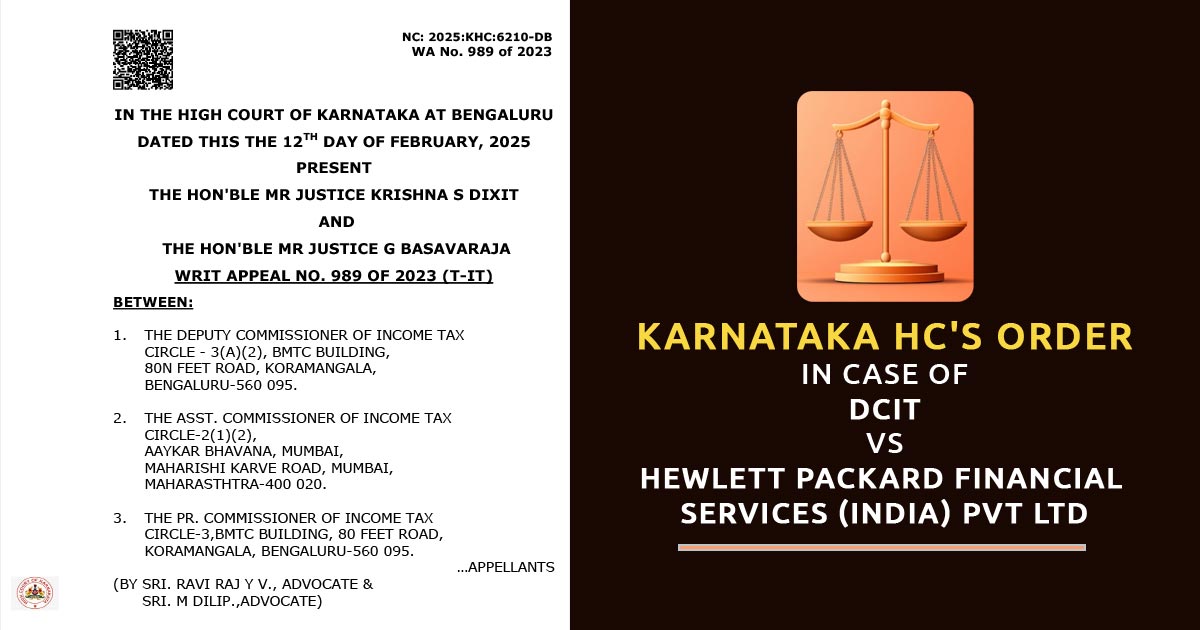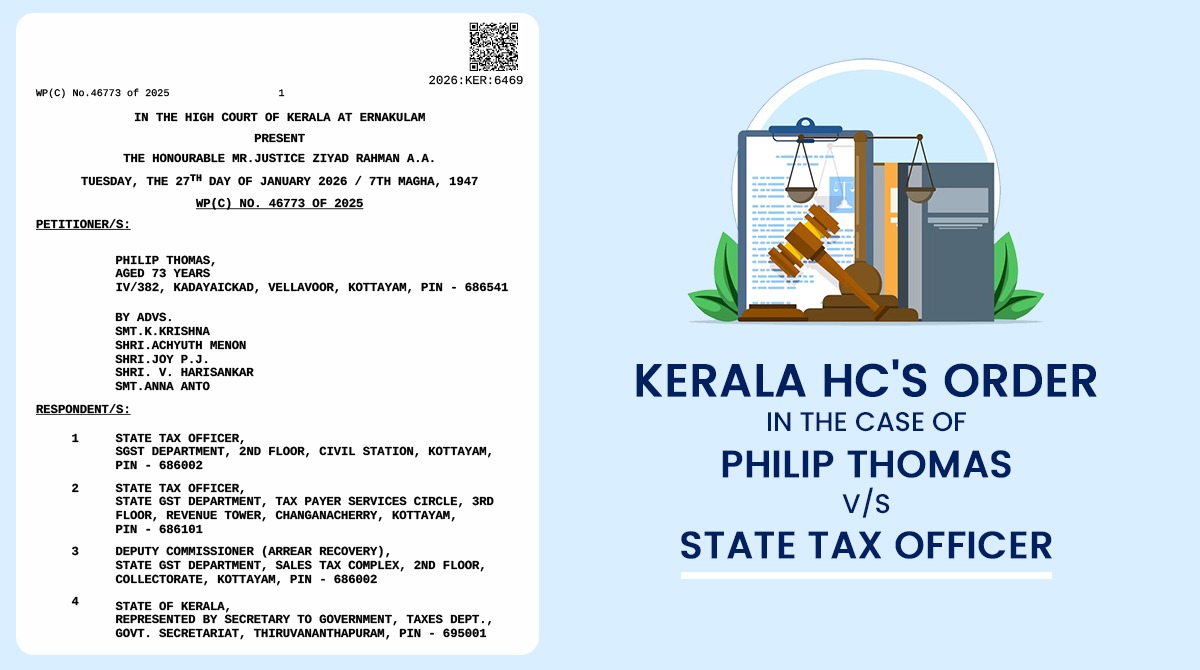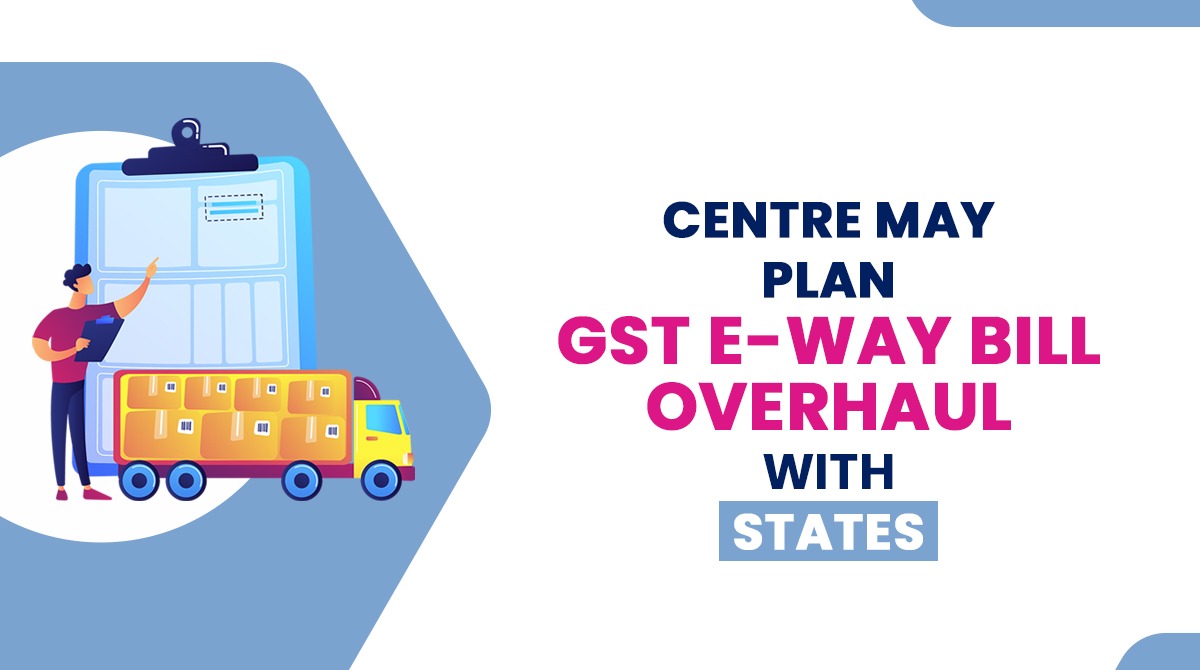
The Karnataka High Court ruled that the reassessment order is void in law, as it was passed under Section 148 of the Income Tax Act without compliance with the mandatory procedure for disposing of objections. Accordingly, the reassessment order was set aside.
Under section 143(2) of the Income Tax Act, 1961, the 2nd respondent had issued a notice which was answered by the applicant, and the order has been passed under section 143(3) of the Act. Therefore, a notice on 31.03.2018 has been furnished before the applicant Section 148 of the Act by the 2nd respondent asking to recompute the applicant’s income for the AY 2011-12. Before the above-mentioned notice, the applicant has furnished its answer objecting to begin the proceedings.
While asking the applicant to file the documents for the support of the filed returns by him, the 1st respondent issued a notice under section 143(2) of the Act, to which the applicant furnished its objections to start the reassessment proceedings. Under Section 143(3) read with Section 147 of the Act, the 1st respondent has passed an order reassessing the applicant’s total income.
It was held in the case of GKN Driveshafts (India) Limited vs. Income-Tax Officer – (2002) 12 Taxmann 963 (SC), it obtained the reasons to issue the notice once communicated and objections, if it was not adjudicated on before the reassessment order is passed then the reassessment proceedings needs to be set aside.
It ruled that the assessment order cannot be kept as an obligatory process to dispose of objections if the assessing officer has not complied. If the same is the thing, then the issued assessment order under section 143(3) read with Section 147 needs to be set aside, and no question of issuing notice u/s 148 would appear.
| Case Title | DCIT vs. Hewlett Packard Financial Services (India) Pvt Ltd |
| Case No. | Writ Appeal No. 989 of 2023 (T-It) |
| For The Petitioner | Sri Ravi Raj Y V, Sri. M Dilip |
| For The Respondents | Sri. T Suryanarayana, Miss. Mahima Goud |
| Karnataka High Court | Read Order |









